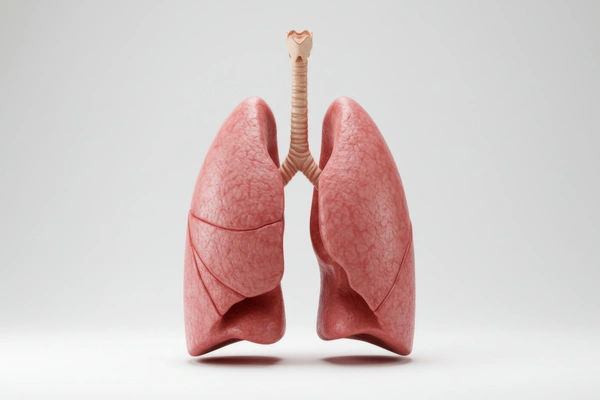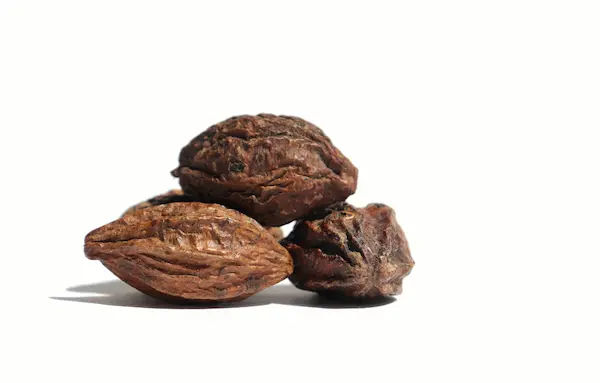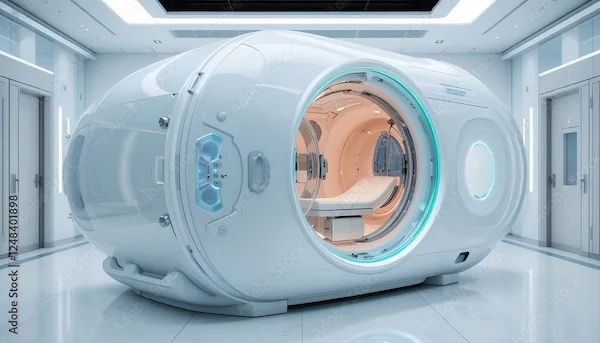Swollen Lymph Nodes: Causes and Concerns
Know about the swollen nodes, causes, symptoms, when to see a doctor, diagnosis, treatment options, prevention and home care tips.


Introduction
Swollen lymph nodes can be a worrying experience, but they are often a sign that your body is fighting an infection. Understanding what causes them, when to be concerned, and how to manage them can help ease your mind.
In this article, you will see the causes, symptoms and more about the swollen lymph nodes.
What Are Lymph Nodes?
Lymph nodes are small, bean-shaped glands that are part of your immune system. They act like filters, trapping viruses, bacteria, and other harmful substances before they can spread further in your body. You have hundreds of lymph nodes throughout your body, but the most noticeable ones are in your neck, armpits, and groin.
Consult General Practitioner for Personalised Advice
Common Causes of Swollen Lymph Nodes
Swollen lymph nodes (also called lymphadenopathy) usually happen when your body is fighting an infection. Some common causes include:
1. Infections
It includes:
- Viral infections like colds, flu, or mononucleosis (mono).
- Bacterial infections such as strep throat, ear infections, or skin infections.
- Dental infections (like an abscessed tooth).
2. Immune System Disorders
- Conditions like rheumatoid arthritis or lupus can cause lymph nodes to swell.
3. Cancers (Less Common but Serious)
It includes:
- Lymphoma (cancer of the lymphatic system).
- Leukaemia (blood cancer).
- Metastatic cancer (when cancer spreads from another part of the body).
4. Other Causes
It includes:
- Reactions to certain medications.
- Rare infections like tuberculosis (TB) or HIV.
Symptoms to Watch For
Swollen lymph nodes may feel tender or painful, especially when you touch them. Other symptoms depend on the underlying cause:
- If due to infection: Fever, sore throat, fatigue, or night sweats.
- If due to cancer, Nodes may feel hard, painless, and continue growing over weeks.
When to See a Doctor
Most swollen lymph nodes go away on their own as the infection clears. However, you should consult a doctor if:
- The swelling lasts more than 2–4 weeks.
- The nodes are hard, painless, or keep growing.
- You have unexplained weight loss, night sweats, or persistent fever.
- The swelling is accompanied by difficulty swallowing or breathing.
Diagnosis and Treatment
Your doctor may ask about your symptoms, examine the swollen nodes, and recommend tests like:
- Blood tests (to check for infections).
- Imaging tests (ultrasound or CT scan).
- Biopsy (if cancer is suspected).
Treatment Options
It includes:
- For infections: Antibiotics (if bacterial) or rest and fluids (if viral).
- For autoimmune conditions: Medications to control inflammation.
- For cancer: Chemotherapy, radiation, or surgery.
Home Care and Prevention Tips
While waiting for swelling to go down, you can:
- Apply a warm compress to ease discomfort.
- Take over-the-counter pain relievers (like ibuprofen or acetaminophen).
- Get plenty of rest to help your body recover.
- Stay hydrated to support your immune system.
Preventing Infections
Since infections are the most common cause, good hygiene helps:
- Wash your hands frequently.
- Avoid close contact with sick people.
- Keep up with vaccinations (like flu shots).
When to Seek Immediate Help
Rarely, swollen lymph nodes can indicate a serious condition. Seek emergency care if:
- You have severe pain or rapid swelling.
- The skin over the node turns red or feels hot.
- You have trouble breathing or swallowing.
Final Thoughts
Swollen lymph nodes are usually harmless and resolve on their own. However, if they persist or come with concerning symptoms, it’s best to get them checked. Early diagnosis can make a big difference, especially in rare cases of serious illness.
Consult General Practitioner for Personalised Advice
Consult General Practitioner for Personalised Advice
Dr. Gaddam Manoj
General Practitioner
1 Years • MBBS
Hyderabad
Aaradhya clinic, Hyderabad

Dr. D Bhanu Prakash
General Practitioner
10 Years • MBBS, AFIH, Advanced certificate in critical care medicine, Fellowship in critical care medicine
Hyderabad
Apollo 24|7 Clinic, Hyderabad

Dr Syed Mateen Pasha
General Physician
2 Years • MBBS
Bengaluru
PRESTIGE SHANTHINIKETAN - SOCIETY CLINIC, Bengaluru

Dr. Anand Ravi
General Physician
2 Years • MBBS
Bengaluru
PRESTIGE SHANTHINIKETAN - SOCIETY CLINIC, Bengaluru

Dr. Madhuri Sai Sreepada
General Practitioner
9 Years • MBBS
Hyderabad
BRIGHT SMILES MEDICARE & DENTAL CARE, Hyderabad
Consult General Practitioner for Personalised Advice
Dr. Gaddam Manoj
General Practitioner
1 Years • MBBS
Hyderabad
Aaradhya clinic, Hyderabad

Dr. D Bhanu Prakash
General Practitioner
10 Years • MBBS, AFIH, Advanced certificate in critical care medicine, Fellowship in critical care medicine
Hyderabad
Apollo 24|7 Clinic, Hyderabad

Dr Syed Mateen Pasha
General Physician
2 Years • MBBS
Bengaluru
PRESTIGE SHANTHINIKETAN - SOCIETY CLINIC, Bengaluru

Dr. Anand Ravi
General Physician
2 Years • MBBS
Bengaluru
PRESTIGE SHANTHINIKETAN - SOCIETY CLINIC, Bengaluru

Dr. Madhuri Sai Sreepada
General Practitioner
9 Years • MBBS
Hyderabad
BRIGHT SMILES MEDICARE & DENTAL CARE, Hyderabad




